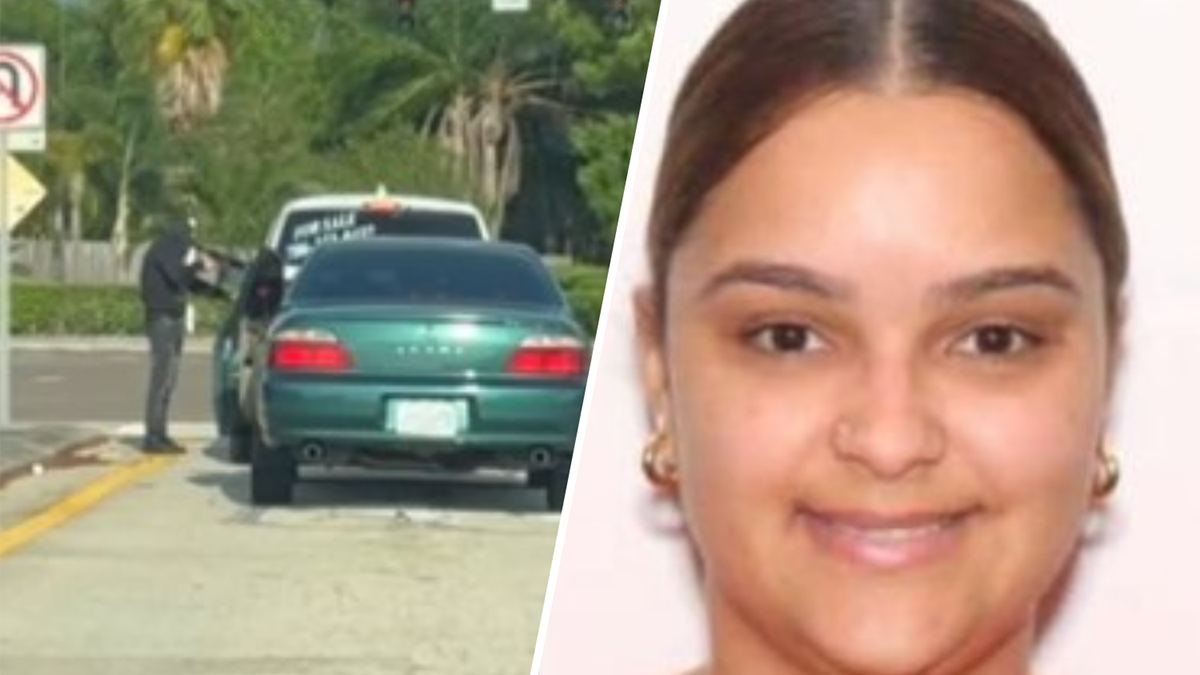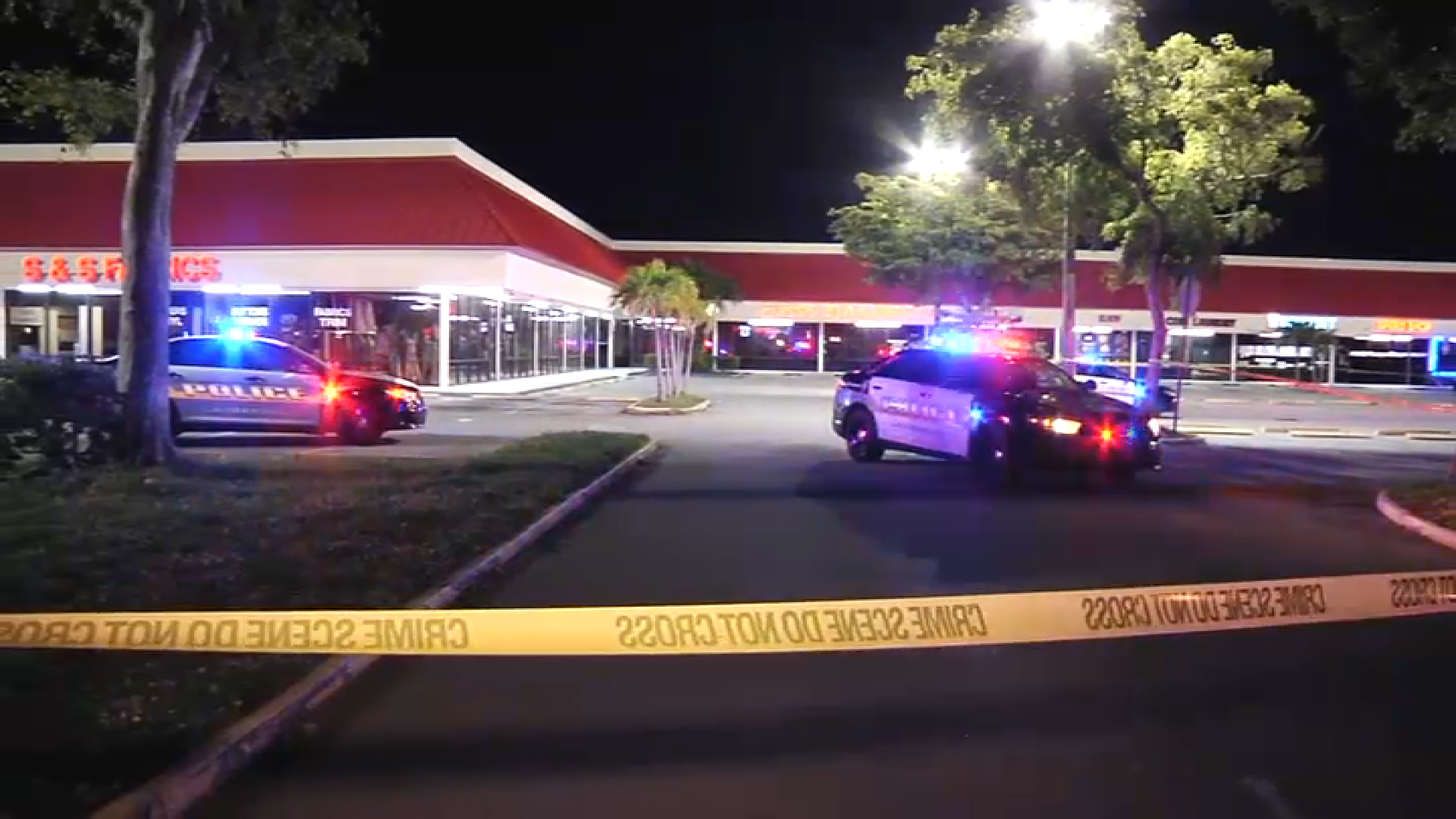Every year, more than 10 million visitors from around the world make their way to Miami. Tourism is a $20 billion dollar industry for Miami-Dade County, which makes visitors’ first impressions critical, according to Miami-Dade Aviation Department Director Emilio Gonzalez.
“We need to make sure that when somebody comes through [Miami International Airport] and comes into this community, that they’re not upset before they even get out of the cab,” he said.
Gonzalez said he has fielded hundreds of complaints from Miami visitors about their taxi rides since he took over the aviation director post back in April. He told NBC 6 South Florida that the complaints ranged from minor to major.
“I have people actually email me that they’ve asked the driver to pull over so they could get out, because they did not feel safe in the cab," he said.
On Miami Beach, several tourists told NBC 6 they expected a warmer welcome to South Florida.
“We had no idea what the fare was as we were driving,” recalled Lauren Balezi of New York City. “And, probably should’ve been [air conditioning] on before we got in."
After flying into Miami International Airport from Washington, D.C., Reza Ekbatani said he sweated all the way from the airport to Ocean Drive.
“You just think they could do a better job at what they’re doing, like, is it that hard to run an AC? A little window? Something,” he said.
Steve Mendoza, in from Orange County, California with his wife and friends, said his rides were fine, but a few of his drivers could have been friendlier.
Local
“You’re lucky to get two words out of them, usually, when you’re coming in town. It’s like, ‘excuse me, excuse me, excuse me,’ and you can’t get anything out of them.”
At MIA, Gonzalez said a common complaint he’s heard was about drivers allegedly tacking on fake fees to flat-rate fares to tourist hot spots like Miami Beach.
“We need to do something about it fast, because this does not need to be the new normal for ground transportation in Miami-Dade County,” he said.
NBC 6 took cabs to and from Miami International Airport to South Beach, and each time, were charged the proper $32 flat rate and $1 fuel surcharge. Our cabs also had friendly drivers, were clean, and air conditioned.
That’s the kind of service Gonzalez, Miami-Dade Mayor Carlos Gimenez and several county commissioners want to become the standard, along with a series of improvements in what is being called the Ambassador Taxi Plan. The plan would require taxi drivers to adhere to a dress code, install SunPass and GPS devices in newer model cabs, and expand their payment policy to include credit cards.
Miami-Dade County Commissioner Juan Zapata supports the measure, and believes it is time Miami catch up with other cities like Atlanta, New York, and Los Angeles, where credit card payments are widely accepted.
“They’re all amazing destinations and you know what’s great, and amazing as well, is that Miami is in the same category. Yet we stay behind in the times,” said Zapata.
But the times seem to be changing.
Earlier this month, drafts of the Ambassador Plan and proposals requiring cabs to install credit card machines, and penalize drivers who refuse, found support with the County Transportation Committee. The measures are now on track for a full commission review, and perhaps, a vote.
A cross section of cab industry stakeholders was watching as speakers in support of and against the measures spoke before the council. Geoffrey Radlein, who has owned and operated his cab for 32 years, was among those who took to the podium.
“If we work together, we can achieve a lot,” he said.
Radlein is one of more than 2,000 taxi license holders in Miami-Dade. The number of those high-demand permits are capped, which makes them highly valued. On the open market, the licenses, also called medallions, could sell for more than a quarter-million dollars. Drivers without licensed cabs must rent them, and hand over a large chunk of their profits to do so, which leaves little for them.
Radlein hopes the popular push to innovate taxis in the county will not overshadow what he believes is an even greater need to regulate taxi service.
“Technology does not replace a driver period. Technology can’t smile. It can’t pick your bags up, it can’t open your door, it can’t tell you, ‘good morning, how are you,” he said.
Though credit card machines and other technologies in Miami-Dade cabs will likely be here sooner than later, Radlein hopes they will come along with greater oversight and stricter service inspections from the county.
With final votes on cab ordinances possible on the horizon, supporters insist that leaving cabs and the laws governing them the way they are now could cost Miami and the tourism industry that helps keep the local economy afloat.
“It’s about time, and I think it’s the perfect time because it’s right before Art Basel, and, you know, it’s sending the right message to all those folks who will be visiting our community in the next few months during winter,” Zapata said.
More on NBC6.com:



